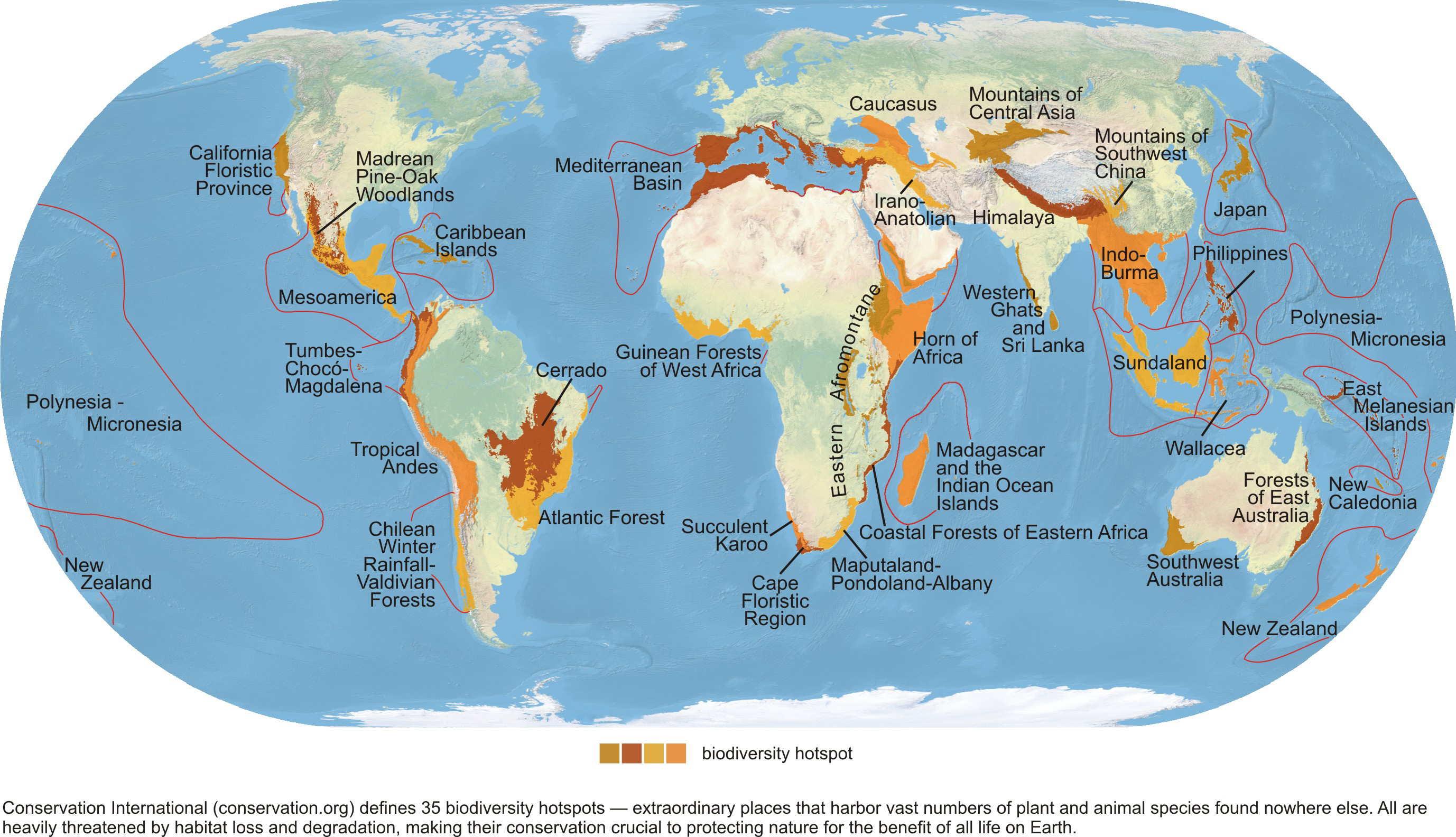|
Graciliscincus
''Graciliscincus'' is a lizard genus in the family Scincidae. The genus is indigenous to New Caledonia. Species and geographic range The genus ''Graciliscincus'' contains the single species ''Graciliscincus shonae'', known commonly as Sadlier's skink or the gracile burrowing skink. Geographic range ''G. shonae'' is endemic to New Caledonia. Habitat The preferred natural habitat of ''G. shonae'' is forest, at altitudes of . Etymology The specific name, ''shonae'', is in honor of Shona von Sturmer Sadlier, who was the wife of the describer.Beolens, Bo; Watkins, Michael; Grayson, Michael (2011). ''The Eponym Dictionary of Reptiles''. Baltimore: Johns Hopkins University Press. xiii + 296 pp. . (''Graciliscincus shonae'', p. 242). Conservation status ''G. shonae'' is threatened by habitat loss and fragmentation. References Further reading * Adler GH, Austin CC, Dudley R Dudley is a large market town and administrative centre in the county of West Midlands, England, ... [...More Info...] [...Related Items...] OR: [Wikipedia] [Google] [Baidu] |
Skinks Of New Caledonia
Skinks are lizards belonging to the family Scincidae, a family in the infraorder Scincomorpha. With more than 1,500 described species across 100 different taxonomic genera, the family Scincidae is one of the most diverse families of lizards. Skinks are characterized by their smaller legs in comparison to typical lizards and are found in different habitats except arctic and subarctic regions. Description Skinks look like lizards of the family Lacertidae (sometimes called ''true lizards''), but most species of skinks have no pronounced neck and relatively small legs. Several genera (e.g., ''Typhlosaurus'') have no limbs at all. This is not true for all skinks, however, as some species such as the red-eyed crocodile skink have a head that is very distinguished from the body. These lizards also have legs that are relatively small proportional to their body size. Skinks' skulls are covered by substantial bony scales, usually matching up in shape and size, while overlapping. Other gen ... [...More Info...] [...Related Items...] OR: [Wikipedia] [Google] [Baidu] |
Anthony Whitaker
Anthony Hume Whitaker (5 September 1944 – 20 February 2014) was a New Zealand herpetologist, contributing a 50-year career of fieldwork, pioneering research and species discoveries. His is still the largest collection of reptile and amphibian specimens donated to Museum of New Zealand Te Papa Tongarewa. Biography Born in Chesterfield, Derbyshire, England, on 5 September 1944, Whitaker emigrated to New Zealand with his family in 1951, and became a naturalised New Zealander in 1976. He grew up in Upper Hutt, attending St. Patrick's College, Silverstream, and later gaining his Bachelor of Science degree majoring in zoology from Victoria University of Wellington in 1966. He married and fathered two children, and lived in Motueka for much of his life. Whitaker died from a heart attack while mountain-biking near Motueka on 20 February 2014. Herpetology work Whitaker's passion for reptiles was evident from an early age, collecting early specimens of skink while growing up ... [...More Info...] [...Related Items...] OR: [Wikipedia] [Google] [Baidu] |
Specific Name (zoology)
In zoological nomenclature, the specific name (also specific epithet or species epithet) is the second part (the second name) within the scientific name of a species (a binomen). The first part of the name of a species is the name of the genus or the generic name. The rules and regulations governing the giving of a new species name are explained in the article species description. For example, the scientific name for humans is ''Homo sapiens'', which is the species name, consisting of two names: ''Homo'' is the " generic name" (the name of the genus) and ''sapiens'' is the "specific name". Historically, ''specific name'' referred to the combination of what are now called the generic and specific names. Carl Linnaeus, who formalized binomial nomenclature, made explicit distinctions between specific, generic, and trivial names. The generic name was that of the genus, the first in the binomial, the trivial name was the second name in the binomial, and the specific the proper term fo ... [...More Info...] [...Related Items...] OR: [Wikipedia] [Google] [Baidu] |
Endemic Fauna Of New Caledonia
Endemism is the state of a species being found in a single defined geographic location, such as an island, state, nation, country or other defined zone; organisms that are indigenous to a place are not endemic to it if they are also found elsewhere. For example, the Cape sugarbird is found exclusively in southwestern South Africa and is therefore said to be ''endemic'' to that particular part of the world. An endemic species can be also be referred to as an ''endemism'' or in scientific literature as an ''endemite''. For example '' Cytisus aeolicus'' is an endemite of the Italian flora. ''Adzharia renschi'' was once believed to be an endemite of the Caucasus, but it was later discovered to be a non-indigenous species from South America belonging to a different genus. The extreme opposite of an endemic species is one with a cosmopolitan distribution, having a global or widespread range. A rare alternative term for a species that is endemic is "precinctive", which applies to s ... [...More Info...] [...Related Items...] OR: [Wikipedia] [Google] [Baidu] |
Robert Dudley (herpetologist) (1909–1988), Irish historian
{{hndis, Dudley, Robert ...
Robert Dudley is the name of: Surname *Robert Dudley (actor) (1869–1955), American dentist and film character actor *Robert Dudley (explorer) (1574–1649), illegitimate son of the 1st Earl of Leicester *Robert Charles Dudley (1826–1909) watercolours and lithographs *Bob Dudley (born 1954), former president & CEO of TNK-BP (2003–08) and group CEO of BP (2010–20) *Robert Dudley, 1st Earl of Leicester (1532–1588), favourite of Queen Elizabeth I of England * Robert Dudley alias Sutton (died 1539), MP *Robert H. Dudley (born 1933), Justice of the Arkansas Supreme Court Middle name *Robert Dudley Baxter (1827–1875), English economist *Robert Dudley Edwards Robert Walter Dudley Edwards (4 June 1909 – 5 June 1988) was an Irish historian. Biography Robert Walter Dudley Edwards, known to his friends as Robin and his students as 'Dudley'"Dr Robin Dudley Edwards dies in Dublin", ''Irish Times'', 6 Ju ... [...More Info...] [...Related Items...] OR: [Wikipedia] [Google] [Baidu] |
Christopher C
Christopher is the English version of a Europe-wide name derived from the Greek name Χριστόφορος (''Christophoros'' or '' Christoforos''). The constituent parts are Χριστός (''Christós''), "Christ" or "Anointed", and φέρειν (''phérein''), "to bear"; hence the "Christ-bearer". As a given name, 'Christopher' has been in use since the 10th century. In English, Christopher may be abbreviated as "Chris", "Topher", and sometimes "Kit". It was frequently the most popular male first name in the United Kingdom, having been in the top twenty in England and Wales from the 1940s until 1995, although it has since dropped out of the top 100. The name is most common in England and not so common in Wales, Scotland, or Ireland. People with the given name Antiquity and Middle Ages * Saint Christopher (died 251), saint venerated by Catholics and Orthodox Christians * Christopher (Domestic of the Schools) (fl. 870s), Byzantine general * Christopher Lekapenos (died 931), ... [...More Info...] [...Related Items...] OR: [Wikipedia] [Google] [Baidu] |
Gregory H
Gregory may refer to: People and fictional characters * Gregory (given name), including a list of people and fictional characters with the given name * Gregory (surname), a surname Places Australia * Gregory, Queensland, a town in the Shire of Burke ** Electoral district of Gregory, Queensland, Australia * Gregory, Western Australia. United States * Gregory, South Dakota * Gregory, Tennessee * Gregory, Texas Outer space * Gregory (lunar crater) * Gregory (crater on Venus) Other uses * "Gregory" (''The Americans''), the third episode of the first season of the television series ''The Americans'' See also * Greg (other) * Greggory * Gregoire (other) * Gregor (other) * Gregores (other) * Gregorian (other) * Gregory County (other) * Gregory Highway, Queensland * Gregory National Park, Northern Territory * Gregory River in the Shire of Burke, Queensland * Justice Gregory (other) * Lake Gregory (disambi ... [...More Info...] [...Related Items...] OR: [Wikipedia] [Google] [Baidu] |
Habitat Fragmentation
Habitat fragmentation describes the emergence of discontinuities (fragmentation) in an organism's preferred environment (habitat), causing population fragmentation and ecosystem decay. Causes of habitat fragmentation include geological processes that slowly alter the layout of the physical environment (suspected of being one of the major causes of speciation), and human activity such as land conversion, which can alter the environment much faster and causes the extinction of many species. More specifically, habitat fragmentation is a process by which large and contiguous habitats get divided into smaller, isolated patches of habitats. Definition The term habitat fragmentation includes five discrete phenomena: * Reduction in the total area of the habitat * Decrease of the interior: edge ratio * Isolation of one habitat fragment from other areas of habitat * Breaking up of one patch of habitat into several smaller patches * Decrease in the average size of each patch of hab ... [...More Info...] [...Related Items...] OR: [Wikipedia] [Google] [Baidu] |
Habitat Loss
Habitat destruction (also termed habitat loss and habitat reduction) is the process by which a natural habitat becomes incapable of supporting its native species. The organisms that previously inhabited the site are displaced or dead, thereby reducing biodiversity and species abundance. Habitat destruction is the leading cause of biodiversity loss. Fragmentation and loss of habitat have become one of the most important topics of research in ecology as they are major threats to the survival of endangered species. Activities such as harvesting natural resources, industrial production and urbanization are human contributions to habitat destruction. Pressure from agriculture is the principal human cause. Some others include mining, logging, trawling, and urban sprawl. Habitat destruction is currently considered the primary cause of species extinction worldwide. Environmental factors can contribute to habitat destruction more indirectly. Geological processes, climate change, ... [...More Info...] [...Related Items...] OR: [Wikipedia] [Google] [Baidu] |
Forest
A forest is an area of land dominated by trees. Hundreds of definitions of forest are used throughout the world, incorporating factors such as tree density, tree height, land use, legal standing, and ecological function. The United Nations' Food and Agriculture Organization (FAO) defines a forest as, "Land spanning more than 0.5 hectares with trees higher than 5 meters and a canopy cover of more than 10 percent, or trees able to reach these thresholds ''in situ''. It does not include land that is predominantly under agricultural or urban use." Using this definition, '' Global Forest Resources Assessment 2020'' (FRA 2020) found that forests covered , or approximately 31 percent of the world's land area in 2020. Forests are the predominant terrestrial ecosystem of Earth, and are found around the globe. More than half of the world's forests are found in only five countries (Brazil, Canada, China, Russia, and the United States). The largest share of forests (45 percent) are in ... [...More Info...] [...Related Items...] OR: [Wikipedia] [Google] [Baidu] |

.jpg)

